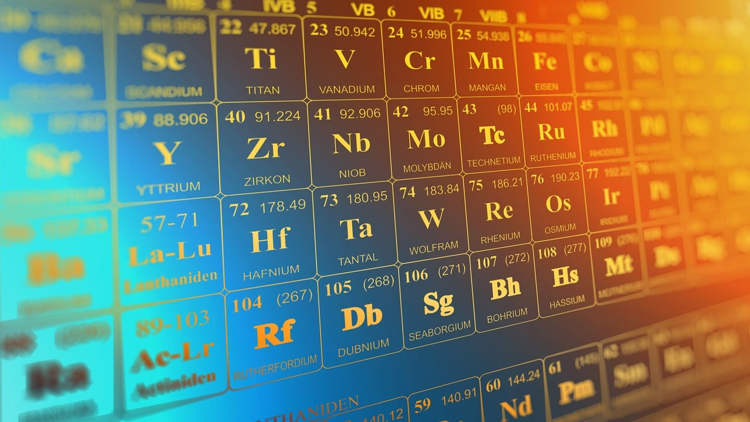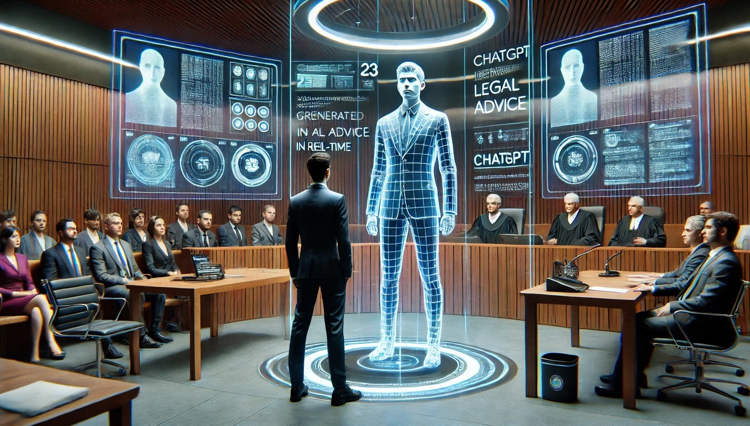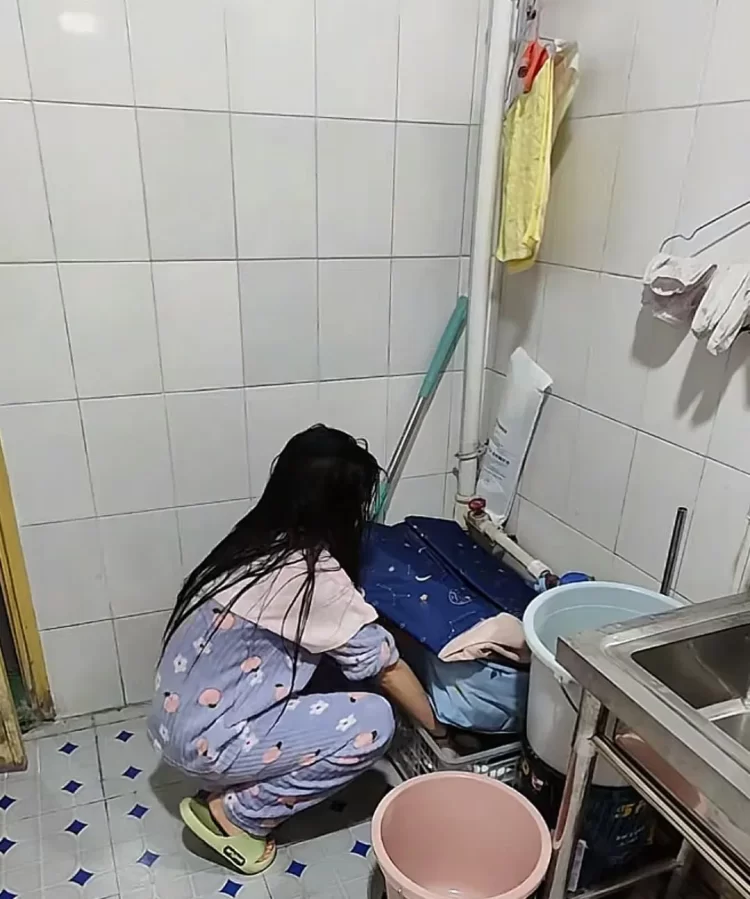Believe it or not, the hospital at National Institutes of Health in Washington now has a fully stocked bar! Well, don’t worry, the bar is fake and all the bottles are actually filled with colored water. The whole setup is a part of an experiment to test the effectiveness of a new anti-drinking drug. The dimly lit replica bar is designed to amplify the alcohol craving of test participants in order to determine if the pill is able to counter the urge to drink.
“The goal is to create almost a real-world environment, but to control it very strictly,” said Dr. Lorenzo Leggio, lead researcher of the project. He revealed that the pill contains a hormone called ghrelin that is believed to increase appetite for food and perhaps inhibit the desire for alcohol.
NIH’s bar lab is one of about a dozen other versions in the US that are focused on experimenting with ghrelin. The hormone is produced by the stomach, and controls appetite via receptors in the brain. Researchers have discovered an overlap between receptors that fuel overeating and those that encourage alcohol cravings in the body. Dr. Leggio is now involved in testing whether blocking ghrelin’s actions also blocks those cravings, using an experimental drug that was originally developed for diabetes but never sold.







